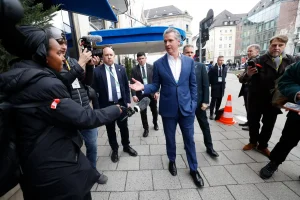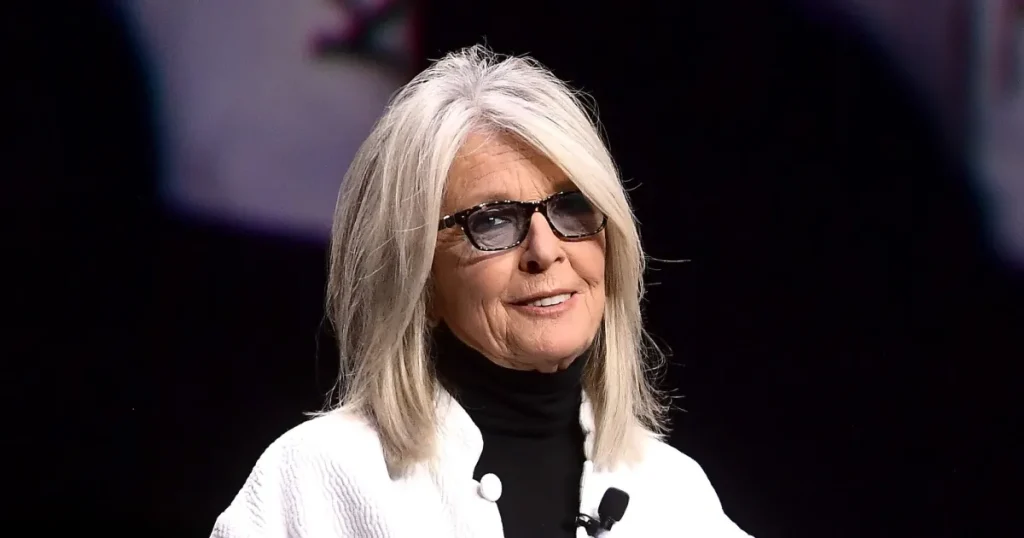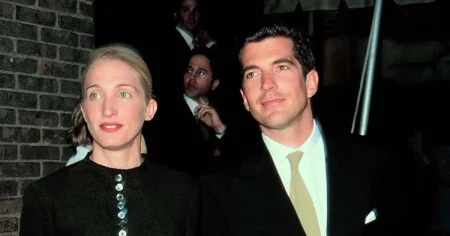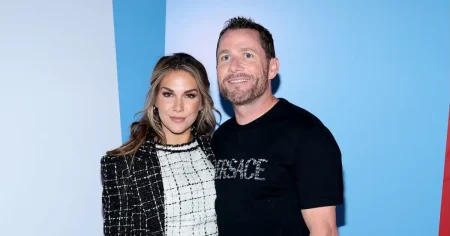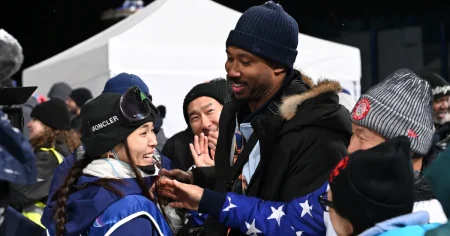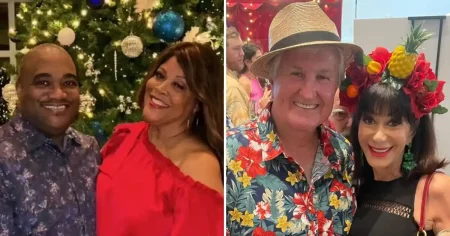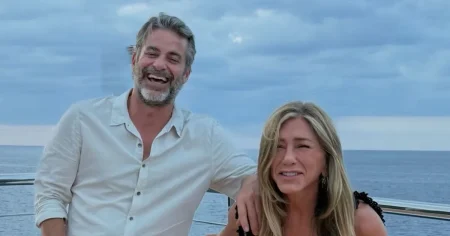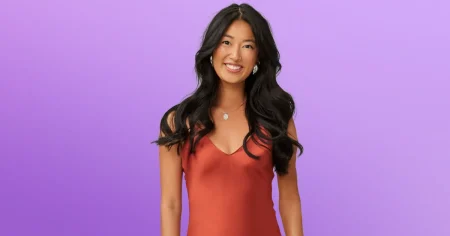Diane Keaton’s Unconventional Path: A Life Without Marriage
Diane Keaton, who passed away on October 11 at the age of 79, was known not only for her remarkable acting career but also for her unconventional choice to remain unmarried throughout her life. In a 2019 interview with People magazine, Keaton reflected on this decision, stating, “I’m 73 and I think I’m the only one in my generation, and maybe before, who has been a single woman all her life.” This choice stood out particularly because of her high-profile relationships with some of Hollywood’s most celebrated men, including Woody Allen, Al Pacino, and Warren Beatty. Despite never marrying, Keaton embraced motherhood in her 50s when she adopted her daughter Dexter and son Duke, creating the family structure that felt right for her rather than following societal expectations.
Throughout her life, Keaton was refreshingly candid about her decision to remain unmarried. In a 1996 ABC News interview, she offered a straightforward explanation: “I think I never got married because I didn’t want to get married. I didn’t choose to get married and the people that I was with, it was best that we were not married. I did the right thing.” This certainty about her path contrasted with the common narrative that successful women must somehow be incomplete without marriage. Keaton seemed to recognize early on that the traditional role of a wife didn’t align with her personality or ambitions. She even recalled a high school memory where a classmate told her, “One day you’re going to make a good wife,” to which her internal response was a decisive, “I don’t want to be a wife. No.” This early clarity about her own desires guided her life choices, allowing her to build a fulfilling life on her own terms.
Keaton’s introspection about her choice not to marry often revealed her self-awareness about her own nature. She described herself as “an odd ball” and suggested that there was “something missing” in her that would have made marriage difficult. “I don’t think it would have been a good idea for me to have married, and I’m really glad I didn’t, and I’m sure they’re happy about it, too,” she told People magazine with her characteristic humor. Rather than viewing this as a deficiency, Keaton embraced her uniqueness. She candidly admitted that she was often “seduced by talent” in her relationships with extraordinary creative partners, but later realized that “when you’re both doing the same job, it’s not so great.” This insight reflected her growing understanding that what might have worked better was “just a nice human being, kind of a family guy” – though she ultimately chose a different path altogether.
In more reflective moments, Keaton sometimes questioned whether she was “really being honest” when she claimed never to have wanted to be someone’s wife. In a 2019 interview with YouTuber Kjersti Flaa, she acknowledged the value of marriage as “an important, wonderful institution for people to get together and stay together.” However, she also revealed that her mother’s experience as a 1950s housewife with unfulfilled ambitions significantly influenced her perspective. “I didn’t want to have my mother’s role,” Keaton admitted, recognizing that her mother “had a lot of ambition that she couldn’t realize because of four kids and a husband.” This generational observation shows how Keaton’s decision was partly informed by witnessing the limitations placed on women of her mother’s generation, and her determination to chart a different course for herself, one that allowed her to fully pursue her creative talents without compromise.
Despite never marrying, Keaton developed what she called “a different sort of love” for the people in her life. She emphasized that family and close friendships became profoundly important to her, creating meaningful connections that fulfilled her need for intimacy and belonging. This perspective challenges the notion that romantic partnership is the only path to a rich emotional life. Through her choices, Keaton demonstrated that fulfilling relationships come in many forms, and that building a life around various types of love can be just as rewarding as the traditional marriage path. Her openness about these choices has provided an important alternative narrative for women considering different life paths.
Keaton’s approach to discussing her unmarried status often included her trademark humor. During a 2015 appearance on The Ellen DeGeneres Show, when asked about potential marriage prospects, she jokingly suggested Channing Tatum might be a suitable husband. When reminded that Tatum was married at the time, she playfully responded, “Channing Tatum is actually married to someone else… not me?” This lighthearted approach to a topic that many might consider sensitive showcases Keaton’s ability to embrace her choices without apology or regret. Throughout her life, she maintained this balance of thoughtful reflection and playful humor about her unconventional path, embodying a confidence that inspired many. Diane Keaton’s legacy extends beyond her acclaimed performances to include the way she lived authentically, making choices that were right for her rather than following prescribed societal expectations – a powerful example of defining success and happiness on one’s own terms.

